This may be controversial, but I feel like Another Code seems a strange series for Nintendo to resurrect. Not only did it fail to reach the critical success of other franchises that Nintendo has published, but so much that made these games unique was the hardware they appeared on. Fifteen years since the last game, both games have been brought together and remade as Another Code: Recollection. Recollection is a great way to experience these stories, but they’re not as you remember them.
Another Code: Recollection brings together both games into a singular story. You won’t select which game you want to jump into, Recollection instead makes you play through both games as though they were acts of a big story. In both games, you’ll play as Ashley, a young girl looking for her father in the first game and trying to solve a mystery in the second. This approach makes sense given how integral each game is to understanding the other. However, a lot has changed from the original games and this remake is anything but faithful.
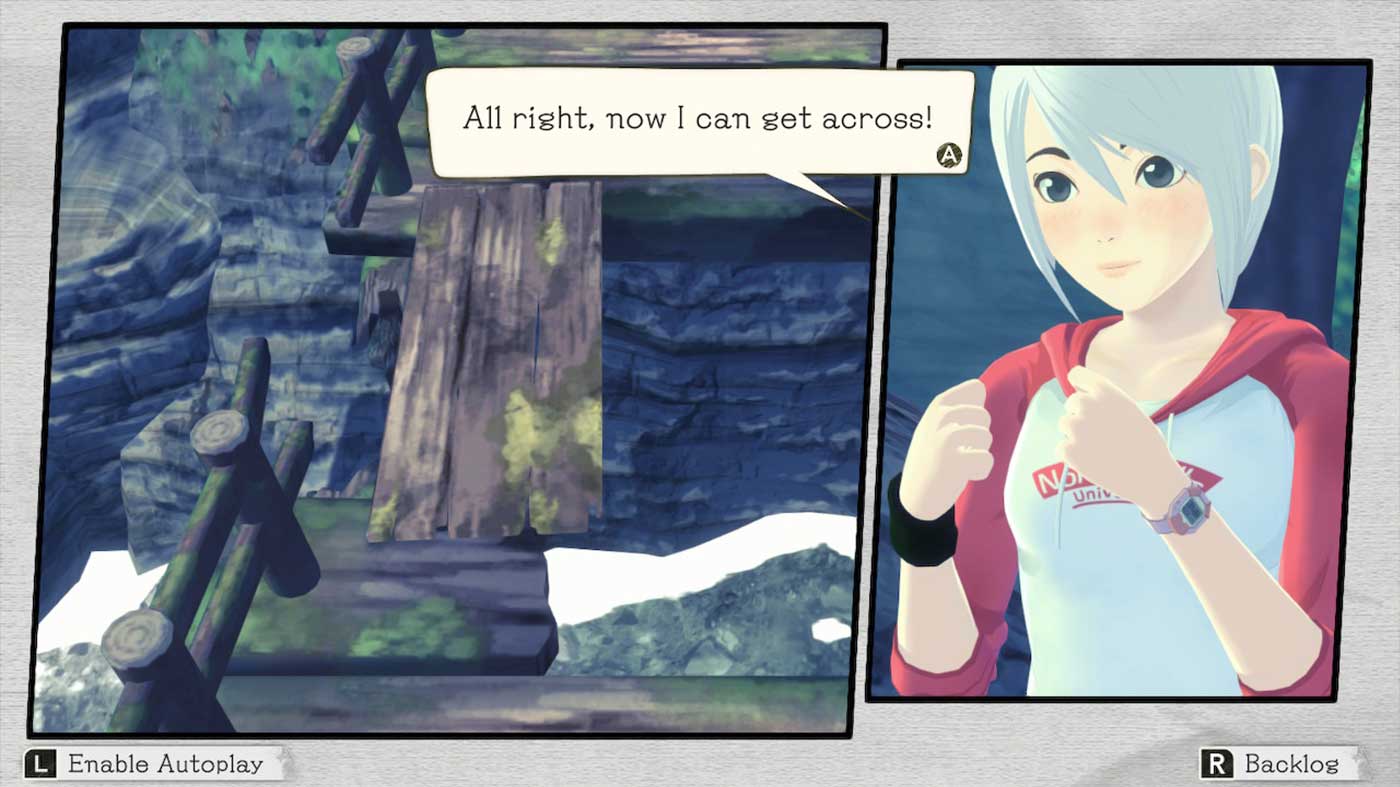
Remakes are always contentious because they often dare to change things that so many fans adored about the originals. In Another Code: Recollection, both games have had touch-ups and changes to scenes that affect how the plot flows. Some changes are significant enough that sometimes Recollection feels like a brand-new Another Code game disguised as remakes. The plots of both games hit similar beats, but the way they get there has changed notably. I prefer most of these story changes, as many help the game flow better and remain less predictable.
Recollection reimagines both games into third-person, over-the-shoulder adventure games similar to Life Is Strange or even the more modern Resident Evil games. Other accessibility options have been added, including an optional hint system and a waypoint system for those who might get easily lost. Both games have been (mostly) voiced now, though I’ll touch on the quality of the performances later. Other changes are bound to be divisive.
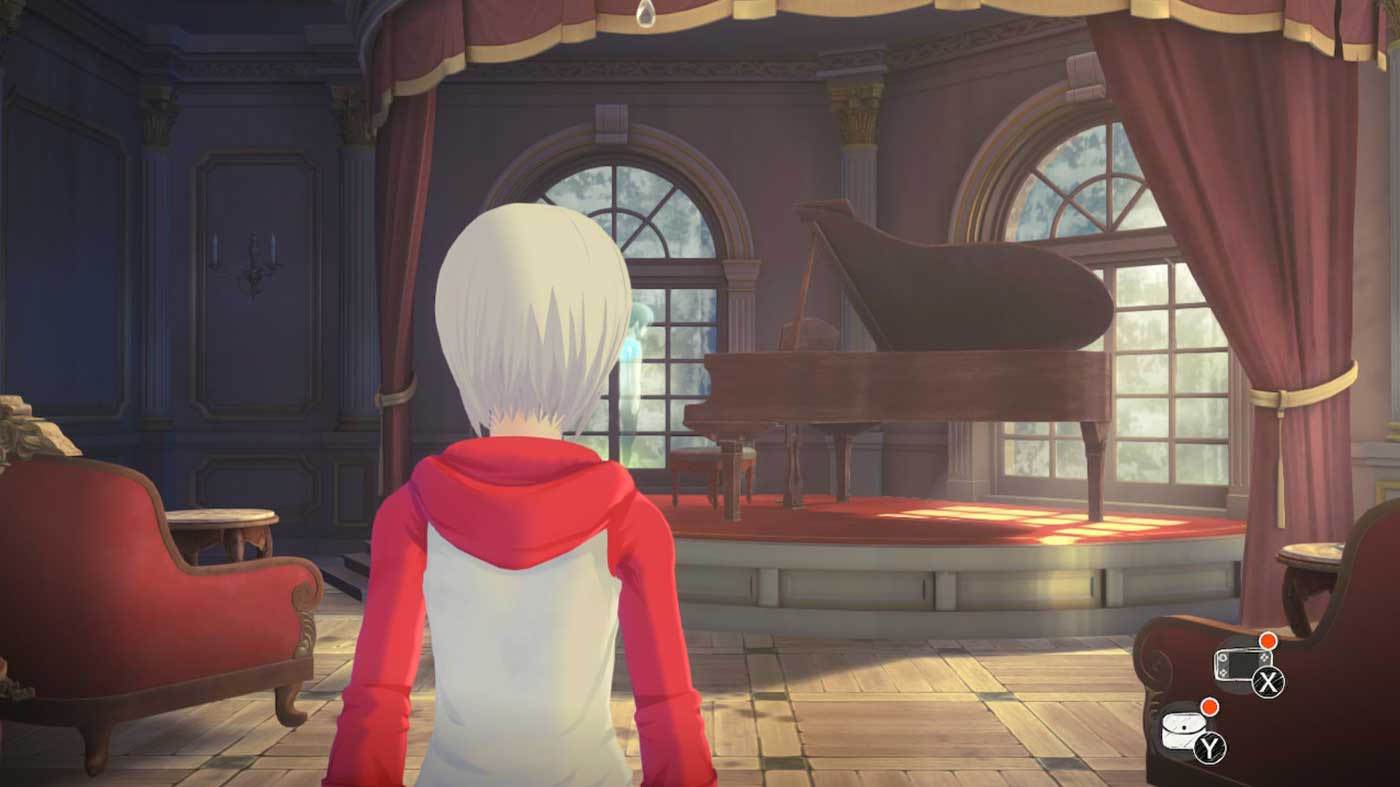
I say this because so many puzzles have been either reworked or, more often, wholly removed in Another Code: Recollection. To be blunt once more – these remakes aren’t faithful – but they do remove puzzles that wouldn’t be interesting today and, as a result, make the games flow better. Basic puzzles like dragging a rock out of the way with a stylus no longer exist, though removing so many puzzles, especially from the first game, only highlights how integral the novelty of said puzzles were to the entire experience.
The first game, Another Code: Two Memories, was initially released for the Nintendo DS in 2005. It’s always served as a glorified tech demo for the unique abilities of the DS hardware – you’d use the microphone to blow away dust, close the system to solve a particular puzzle and drag things out of the way with your stylus. It was novel. But now, almost two decades later, the novelty is gone. Instead, the first game has been remade into an adventure game with light puzzles. The puzzles are still simple and engaging but never take advantage of the uniqueness of the Switch.
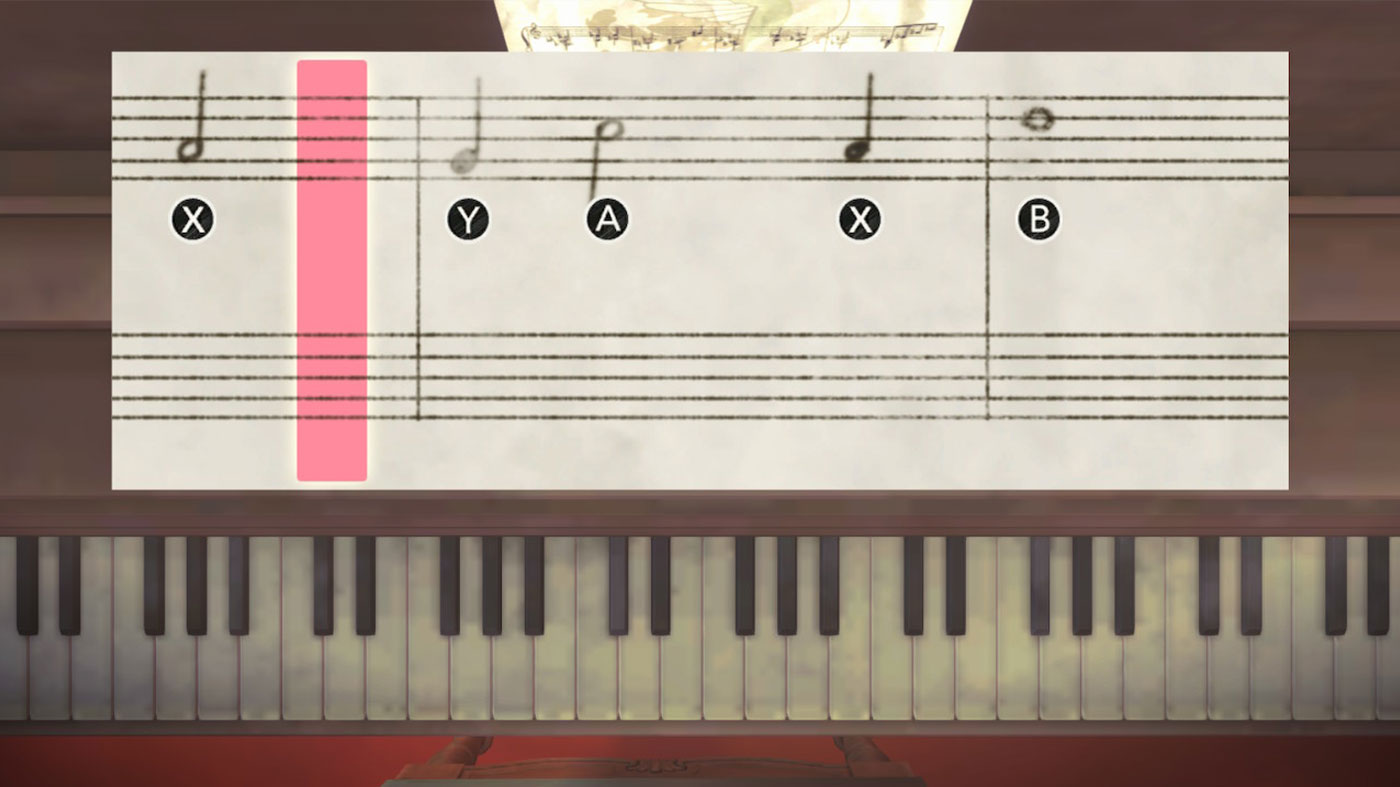
Such a choice to rework Another Code: Two Memories into a story-first adventure game would be admirable if said game had a solid story to hang itself on, but unfortunately, it doesn’t. Stripping away the unique mechanics that made the original game so memorable has only highlighted how basic the whole affair is. It’s an important game because it sets so much context to the events of the sequel, but I’d be lying if I said I found it compelling.
GET IT ON AMAZON FOR $69 WITH FREE SHIPPING
It’s a relief that Another Code: R – A Journey Into Lost Memories makes the jump to Recollection so much more gracefully. This Wii game utilised a lot of the functionality of the Wii Remote when it was initially released, but it is no longer in Recollection. But while many of the motion controls have been removed from this interpretation of the game, it’s done for better pacing overall.
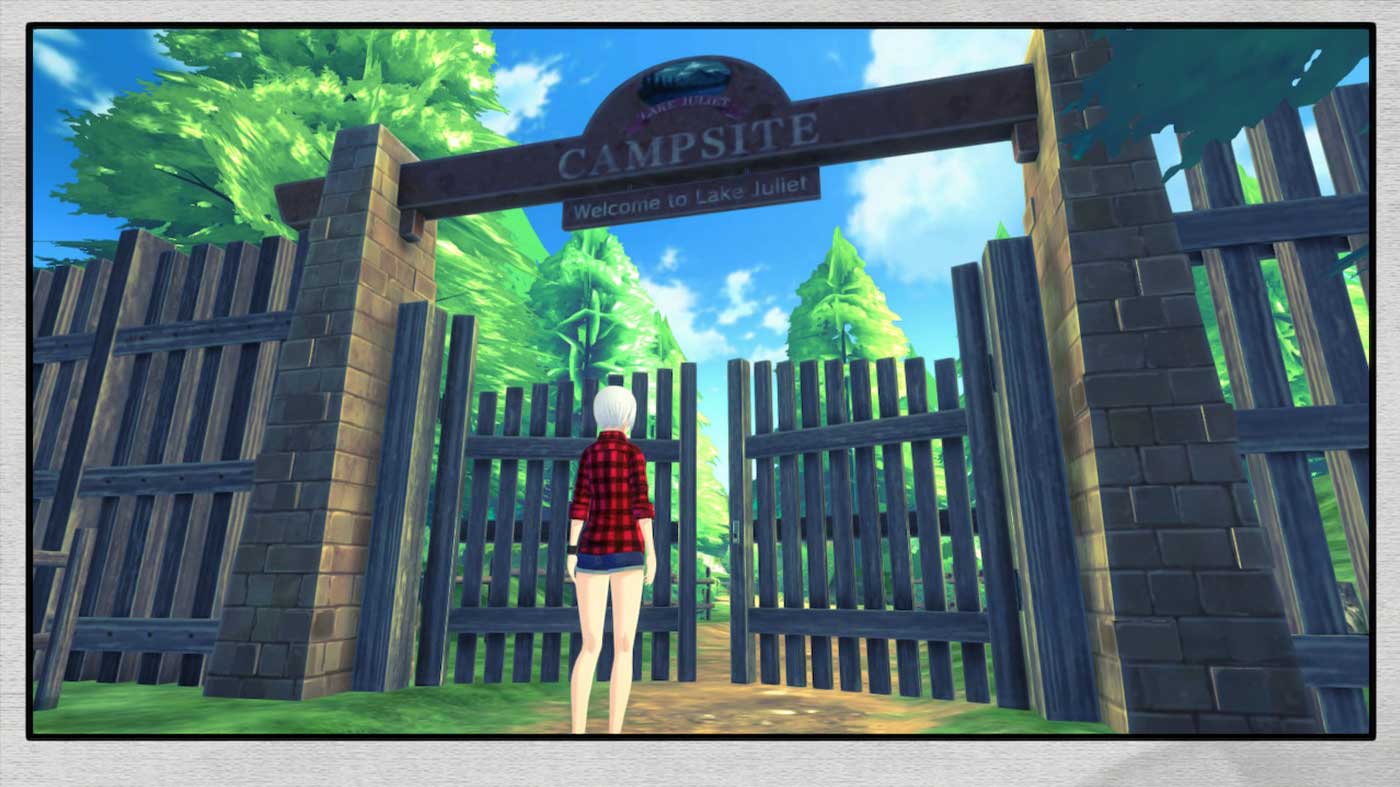
I was astonished to discover how much more interesting Another Code R is compared to the game that came before it. The mystery surrounding Lake Juliet and the tragedy that befell it is much more compelling. It has that charming small-town feel, taking the time to develop all the characters in a fashion similar to games like Life Is Strange or even television like Twin Peaks. Unfortunately, while the plot veers into some incomprehensible sci-fi territory as it concludes, it’s still a much better-structured adventure than the original game.
The crux of the game has you running from character to character, learning more about them and their stories before completing simple puzzles to move things along. Most of the puzzles are incredibly contrived to fit into the “game” of it all, much like any good Resident Evil game strives to be, but they’re all rather cruisy. Barring a bizarre difficulty spike towards the end of the game (which can be alleviated with the hint system I mentioned before), the Another Code games are never too challenging. They are incredibly well suited to gamers just wanting a relaxed experience.
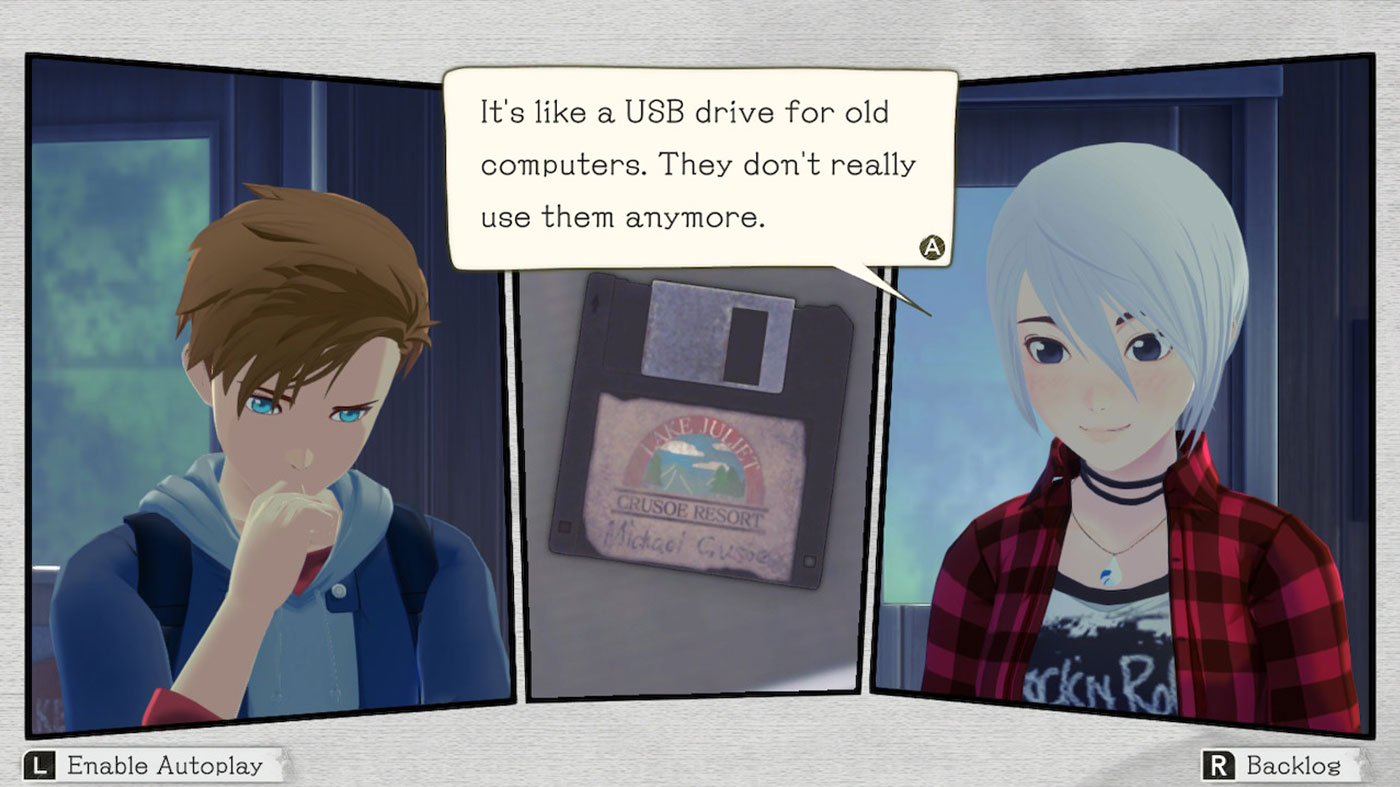
But what does feel like a misstep is the motion-based puzzles. While they’re scarce, some puzzles require you to manipulate the environment with the gyroscope in the controller. These kinds of puzzles weren’t fun in Breath of the Wild and are not fun here either. Some of them are frustrating to pull off when the console is docked while others are nearly impossible when trying to do them with detached joy-cons. I recognise that everyone plays their Switch differently. It might be hard to cater to every player, but there are better ways to include these or remove them altogether.
Putting some of these issues aside, I still enjoyed Another Code: Recollection. It just took me a lot of time to warm it. The game picks up as the second half begins, and the new artistic direction is an admittedly safe but welcome change that helps make both games stand out against their contemporaries. But it’s again bizarre to see so much changed about the plot and yet see so many of the threads left hanging in the original games not be tied up by Recollection. If you’re already taking these creative liberties, why not take things one step further?
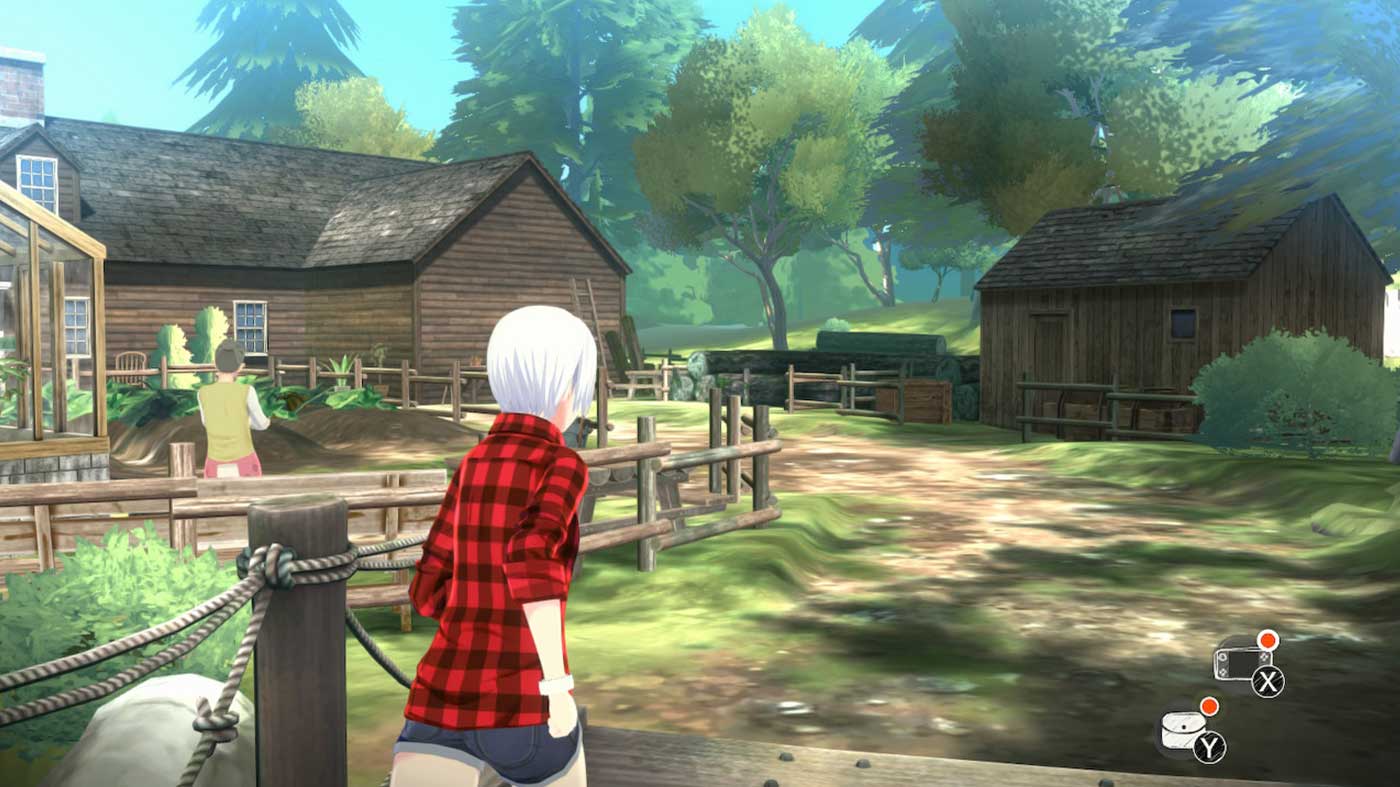
One thing that these games always got right is the original music, and that is carried over to Recollection, too. The soundtrack is a very cruisy and relaxed collection of lo-fi electronic music that suits itself perfectly to unwinding as you explore the mansion from the first game or Lake Juliet in the second. The new voice work does a great job at bringing these characters to life, too, well beyond their text-based original presentations all those years ago. Still, the exposition-heavy script does mean some scenes come off as cornier and could’ve done with a rework, given they’re now voiced.




